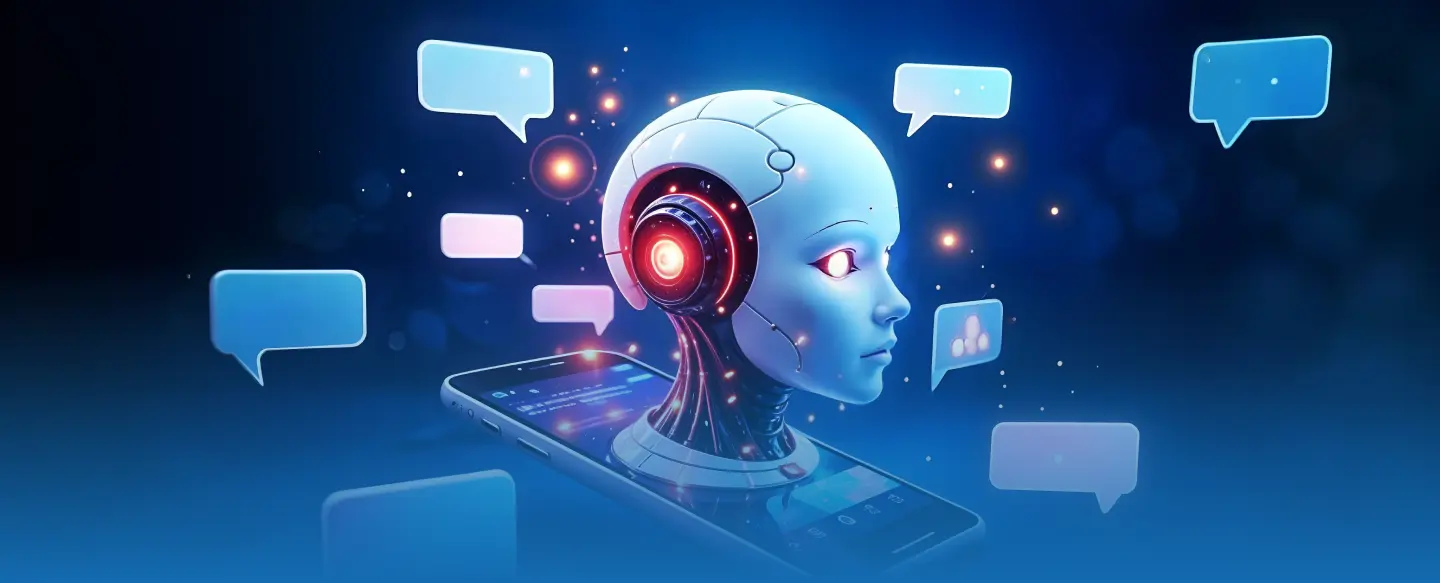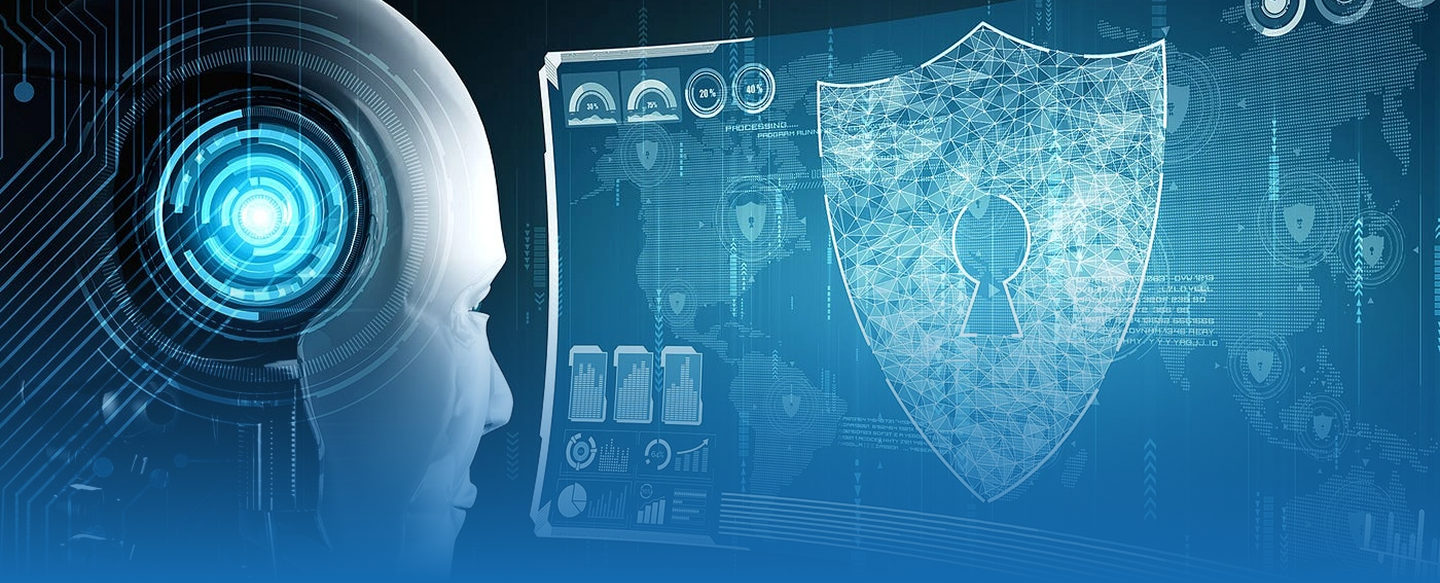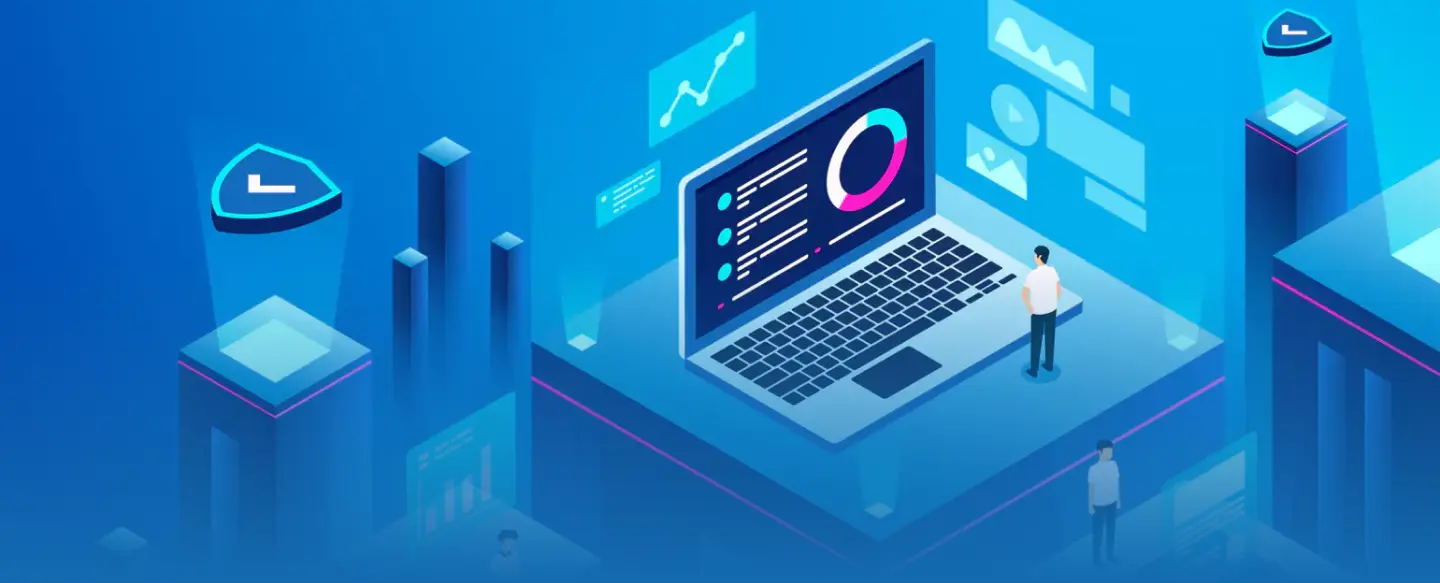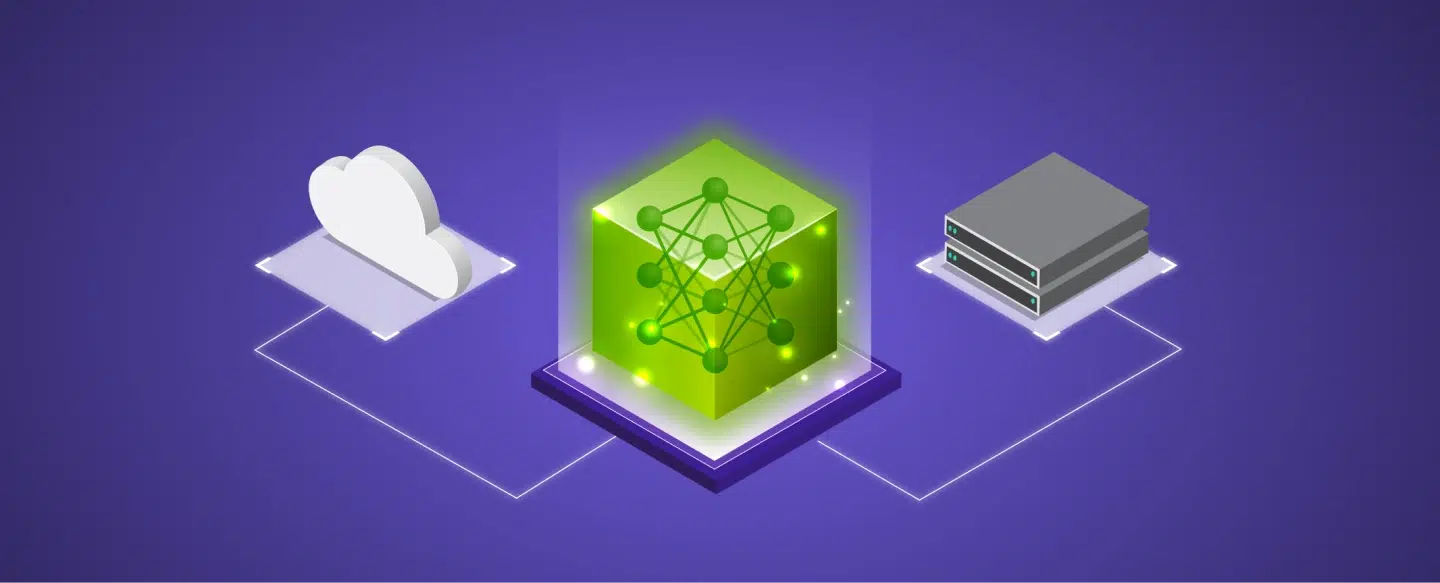
What is LLM?
A Comprehensive Guide for Beginners
What is an LLM?
LLM stands for Large Language Model. It’s a type of artificial intelligence (AI) program that can understand, interpret, and generate human language text.
LLMs are built using a specific type of neural network called a transformer. They learn patterns from the data they are fed, as a result, it can generate human-like text, translate languages, write different kinds of creative content, and answer your questions in an informative way.
Some well-known examples of LLMs include OpenAI’s GPT series (like GPT-3 and GPT-4), LaMDA (Language Model for Dialogue Applications) and Jurassic-1 Jumbo.
How does an LLM Work?
LLMs work by using a complex mathematical system called a neural network. The LLM learns by looking at patterns in the text data. Over time, it gets better at understanding and using language.
Imagine learning a language by reading countless books. You start to analyse patterns in words and sentences. Over time, you learn grammar rules, vocabulary, and how to write long paragraphs. An LLM does something similar, but at a much larger scale and with great speed.
Here is how LLMs are trained:
Data Ingestion
LLMs are trained on massive amounts of text data, which could include books, articles, code, and more. This data helps the model learn patterns in language, grammar, and style.
Neural Network Architecture
The core of an LLM is a transformer model. This architecture is adept at handling sequential data like text. It consists of multiple layers of interconnected nodes (neurons) that process information in parallel.
Training
The LLM learns by processing the training data and adjusting its parameters to reduce errors. This process is called backpropagation. Over time, the model becomes more proficient at predicting the next word in a sequence based on the preceding ones.
Inference
Once trained, the LLM can generate text, translate languages, write different kinds of creative content, and answer your questions in an informative way. This is achieved by providing the model with a prompt or query and then it generates a response based on its learned knowledge.
Types of LLMs
Large Language Models (LLMs) can be categorized based on various criteria. Here are some common classifications:
Based on Architecture
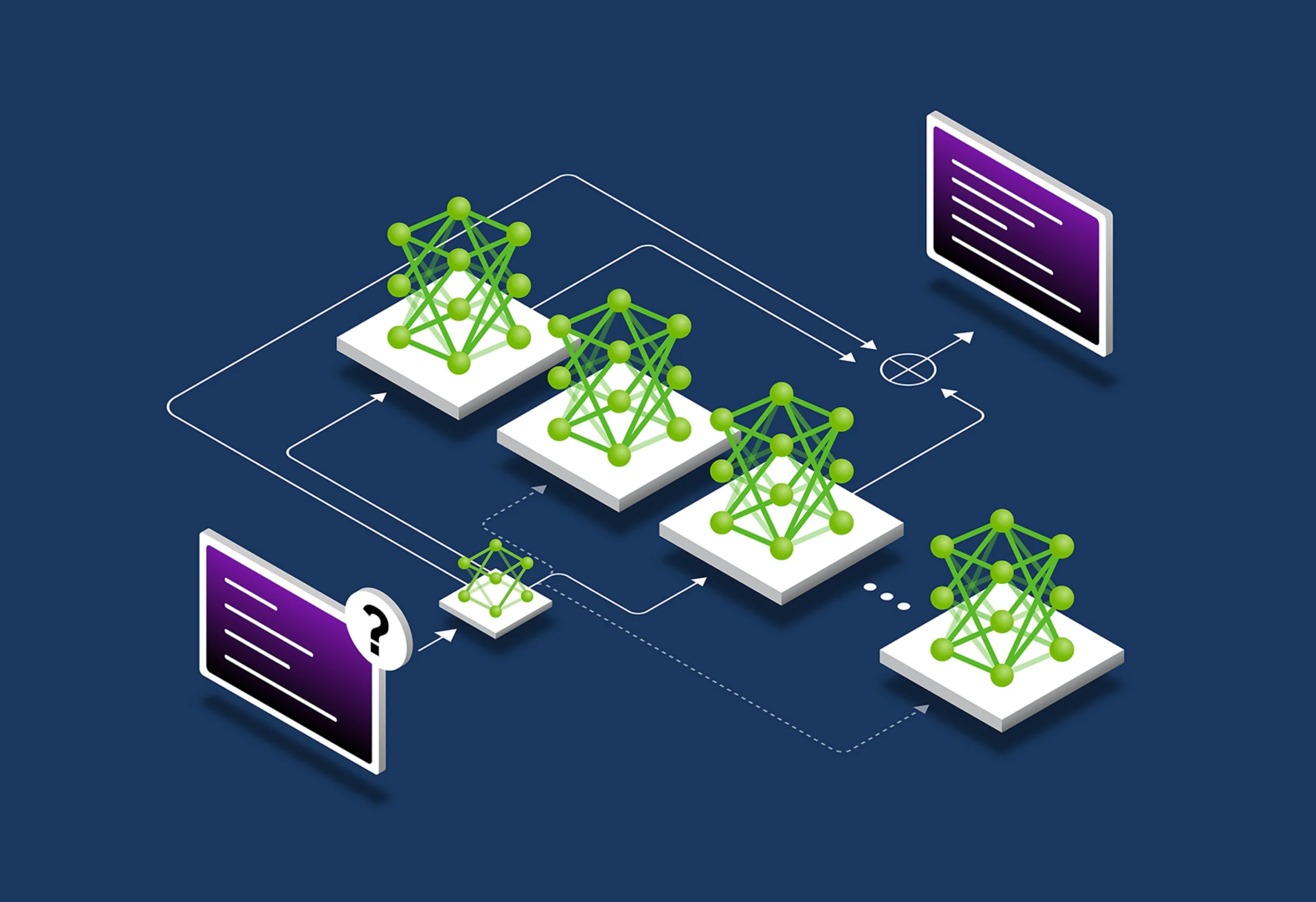
 Autoregressive Models
Autoregressive Models
These models generate text sequentially, one token at a time, based on the previously generated tokens. Examples include OpenAI’s GPT series and Google’s BERT.
 Encoder-Decoder Models
Encoder-Decoder Models
These models consist of two parts: an encoder that processes the input and a decoder that generates the output. Examples include Transformer-based models like Google’s BART.
Based on Source
 Open-Source LLMs
Open-Source LLMs
These models are publicly available. Users can inspect the code, modify it, and use it for various purposes without restrictions. Examples include GPT-J, BLOOM, and StableLM.
 Closed-Source LLMs
Closed-Source LLMs
These models are not publicly accessible, and their usage is subject to the terms and conditions set by the organization or company that owns them. Examples include OpenAI’s GPT-4 and Google’s PaLM.
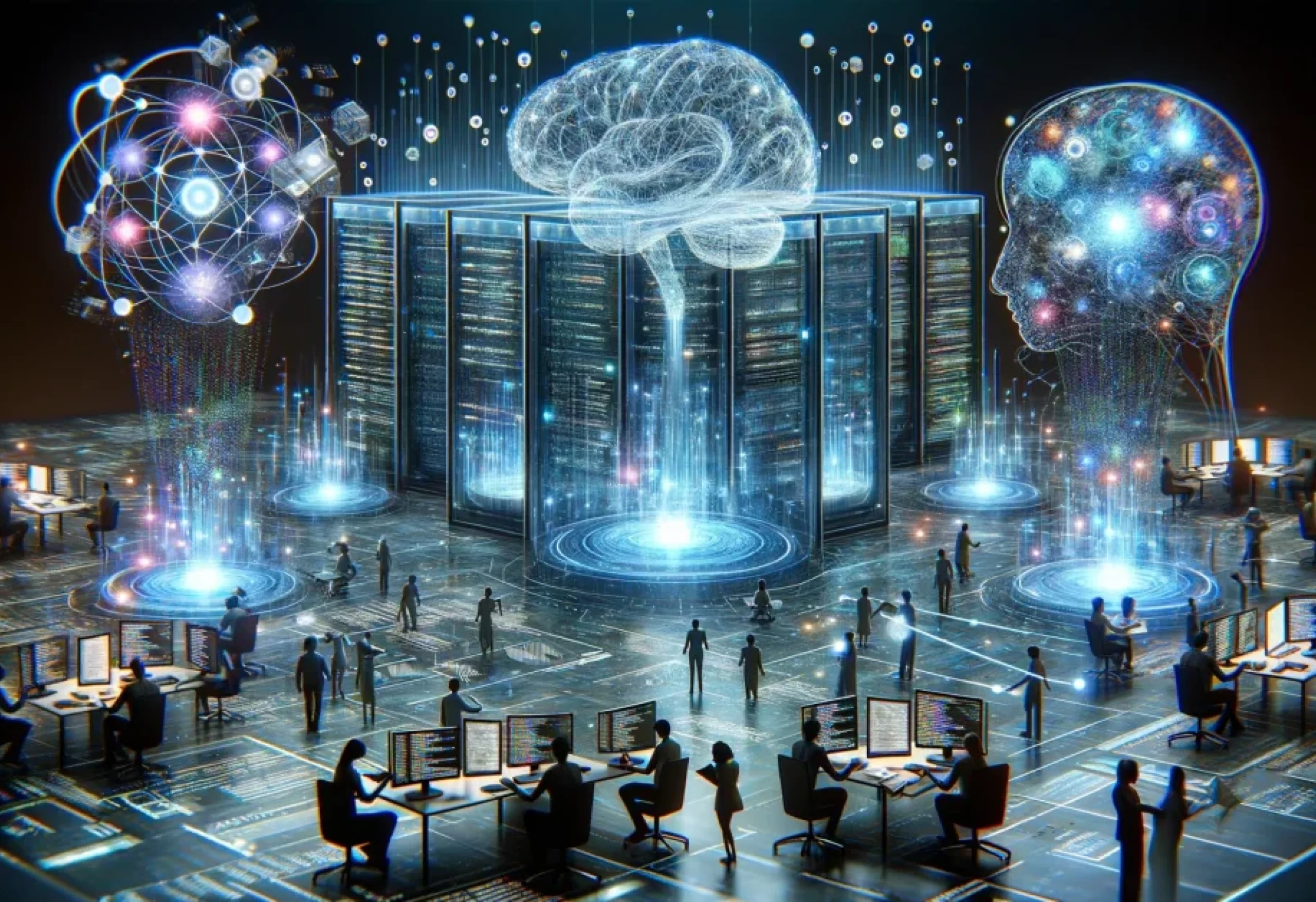
Based on Application
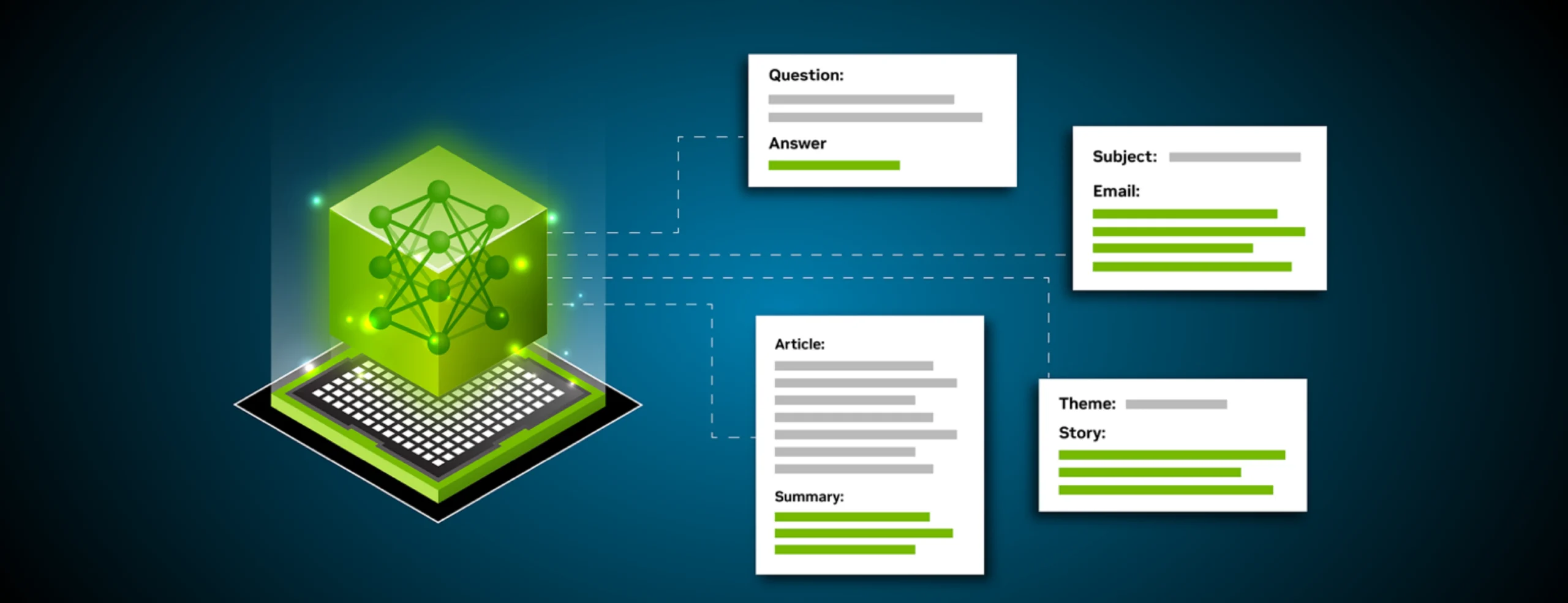
 Generative LLMs
Generative LLMs
These models are designed to create new text formats, such as poems, scripts, code, musical pieces, email, letters, etc.
 Summarization LLMs
Summarization LLMs
These models summarize long pieces of text into short text.
 Translation LLMs
Translation LLMs
These models translate text from one language to another.
 Question Answering LLMs
Question Answering LLMs
These models provide answers to questions in natural language.
 Sentiment Analysis LLMs
Sentiment Analysis LLMs
These models analyse text to determine the sentiment expressed (positive, negative, neutral).
Real-World Applications of Large Language Models (LLMs)
Large Language Models (LLMs) are helping various industries with their ability to understand, generate, and process human language.
Here are some of the most used real-world applications:
Challenges and Limitations of Large Language Models (LLMs)
Large Language Models (LLMs) have made major impact in natural language processing, but they are not without their challenges and limitations. Here’s a breakdown of some key issues:
Bias
 Data Bias
Data Bias
LLMs are trained on massive datasets, which can contain biases present in the real world. Hence, sometimes the model can generate biased outputs.
 Algorithmic Bias
Algorithmic Bias
The algorithms used to train and operate LLMs can also introduce biases.
 Fabricated Information
Fabricated Information
LLMs can sometimes generate text that looks and sounds reasonable but is entirely fabricated or incorrect.
Lack of Common Sense and Real-World Understanding
 Limited Contextual Understanding
Limited Contextual Understanding
LLMs often struggle to understand the underlying meaning or context of a query, hence sometimes it can provide irrelevant responses.
 No Grounded Knowledge
No Grounded Knowledge
Unlike humans, LLMs lack real-world experiences and therefore cannot apply common sense reasoning to their outputs.
Data Privacy and Security
 Sensitive Information
Sensitive Information
LLMs are trained on vast amounts of data, which can include sensitive personal information. It’s difficult to protect this data.
 Model Theft
Model Theft
The complexity and value of LLMs make them high targets for theft, which can lead to unauthorized use and misuse.
Addressing these challenges is essential for the responsible development and deployment of LLMs. While research is ongoing to deal with these challenges, it is important to be aware of the limitations of these models when using them in real-world applications.
The Future of LLMs: A Glimpse into Tomorrow
Large Language Models (LLMs) are rapidly evolving, and it will continue to reshape industries and our daily lives. Here’s a look at some potential future developments:
Lack of Common Sense and Real-World Understanding
 Specialization
Specialization
While general-purpose LLMs like GPT-4 are great, the future lies in specialized models tailored for specific domains like healthcare, law, finance, and more.
 Multimodality
Multimodality
Integrating text, images, audio, and even video will create more developed models capable of understanding and generating various types of content.
 Real-Time Adaptation
Real-Time Adaptation
LLMs will become more adept at handling dynamic information, so it will stay up-to-date with the latest news, trends, and knowledge.
 Ethical Development
Ethical Development
A strong focus on addressing biases, privacy concerns, and dealing with potential harms will be essential for responsible LLM development.
Lack of Common Sense and Real-World Understanding
 Personalized Medicine
Personalized Medicine
LLMs will analyse vast amounts of medical data to assist in diagnosis, treatment plans, and drug discovery.
 Legal Assistance
Legal Assistance
LLMs will automate legal research, drafting contracts, and help with legal advice. This can transform the legal industry.
 Education
Education
Intelligent tutoring systems, personalized learning experiences, and content creation will be helpful in education industry.
 Creative Industries
Creative Industries
Generating new ideas, writing scripts, composing music, and designing art will become more accessible with advanced LLMs.
 Customer Service
Customer Service
AI-powered chatbots and virtual assistants will provide personalized customer support.
Related Post
-
F
-
A
-
Q
LLMs can power chatbots to provide instant customer support, answer FAQs, and even assist with returns and exchanges.
Yes, LLMs can analyse customer data to provide personalized product recommendations, and help with improving the customer shopping experience.
LLMs have a wide range of applications:
- Content creation: Writing articles, poems, scripts, and code.
- Translation: Translating text from one language to another.
- Customer service: Providing answers to customer inquiries.
- Education: Creating personalized learning experiences.
- Research: Assisting in data analysis and research tasks.
Yes, LLM technology is rapidly evolving. Researchers are continuously developing new techniques to improve their capabilities, such as making them more accurate, reliable, and unbiased.
Want to Scale
Your Business? Let’s Meet & Discuss!

CANADA
30 Eglinton Ave W Mississauga, Ontario L5R 3E7

INDIA
3rd floor Purusharth Plaza, Amin Marg, Rajkot, Gujarat. 360002
Get a Quote Now
Let's delve into a thorough understanding of your challenges and explore potential solutions together
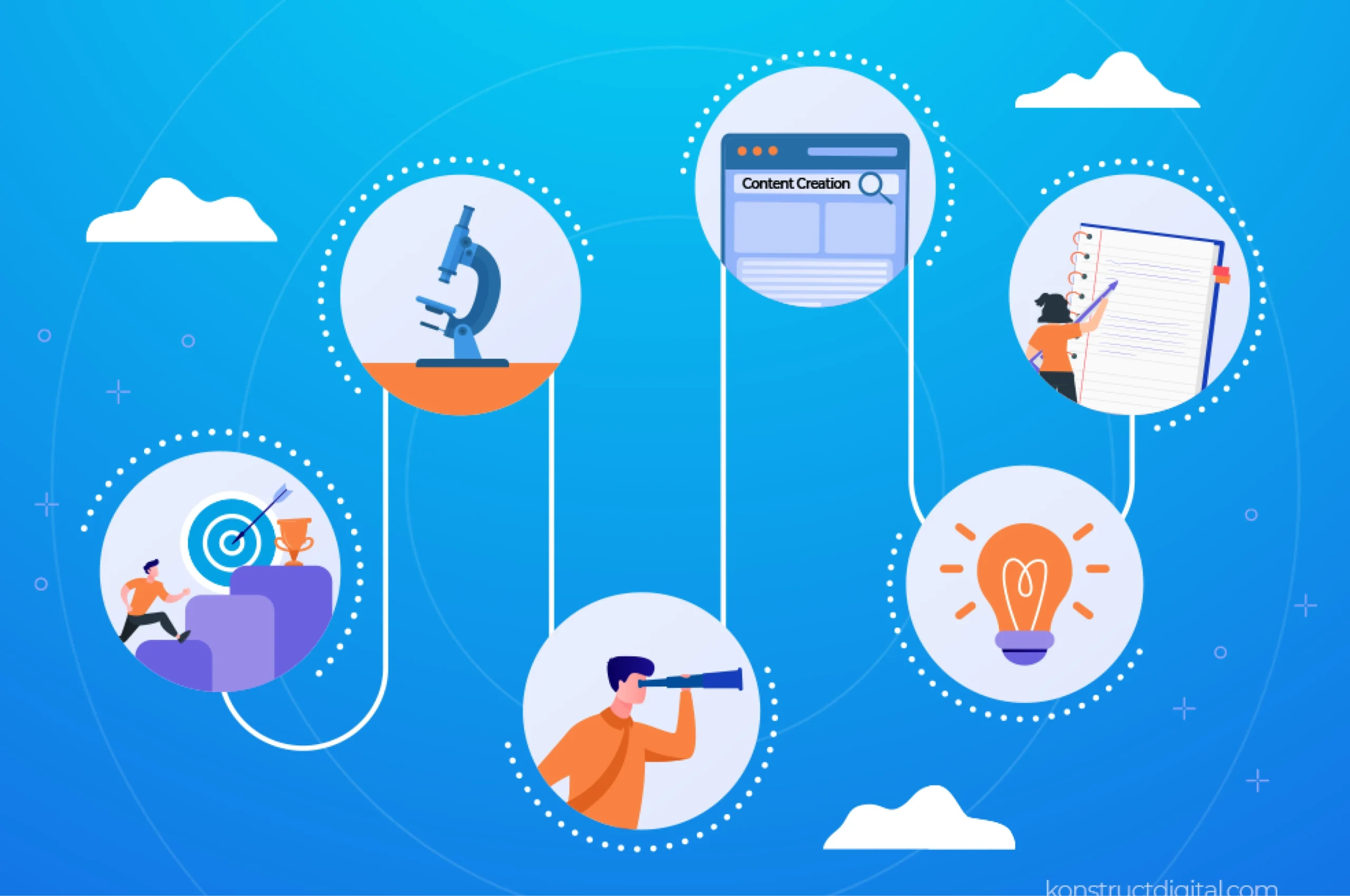
 Content generation
Content generation





